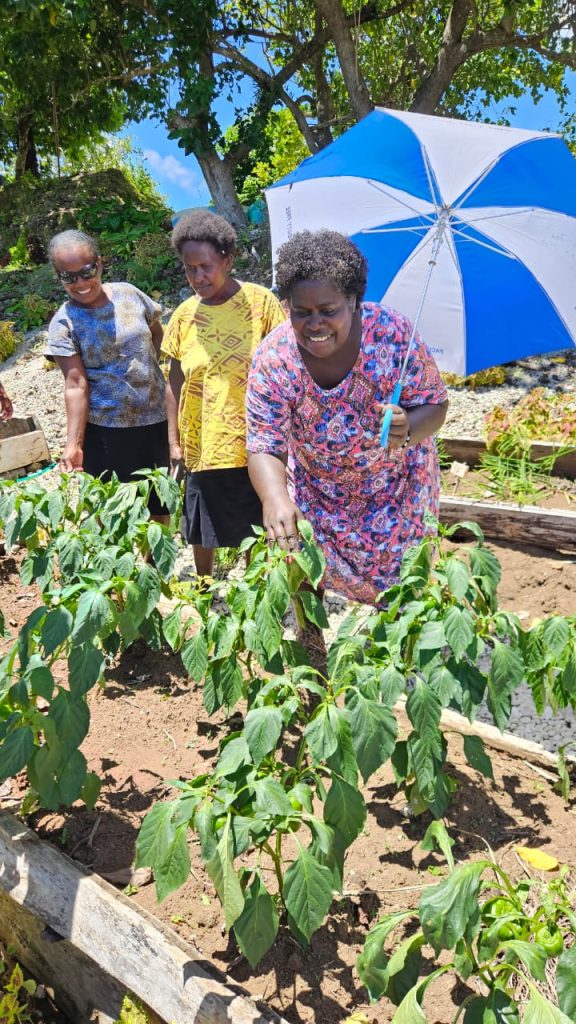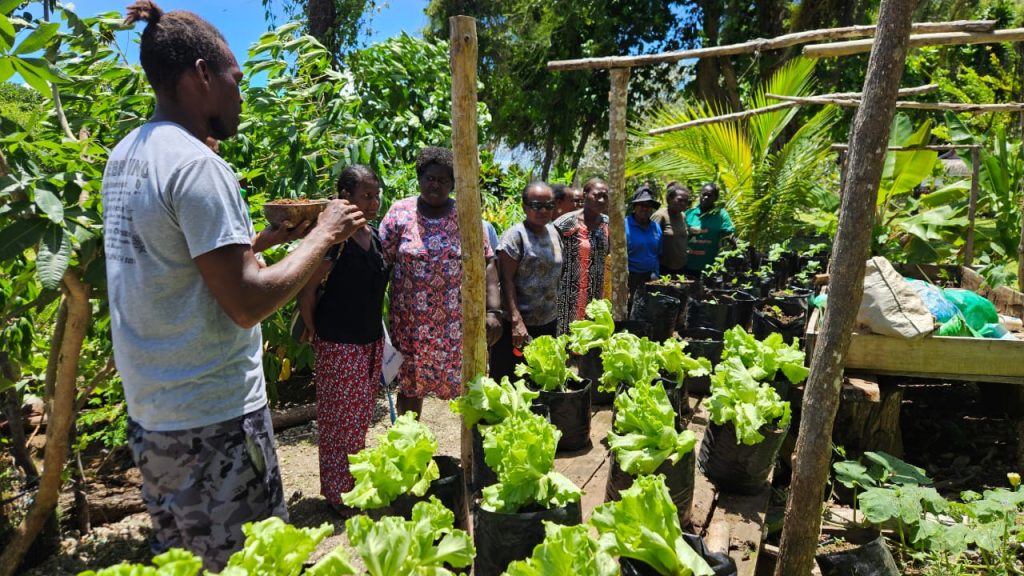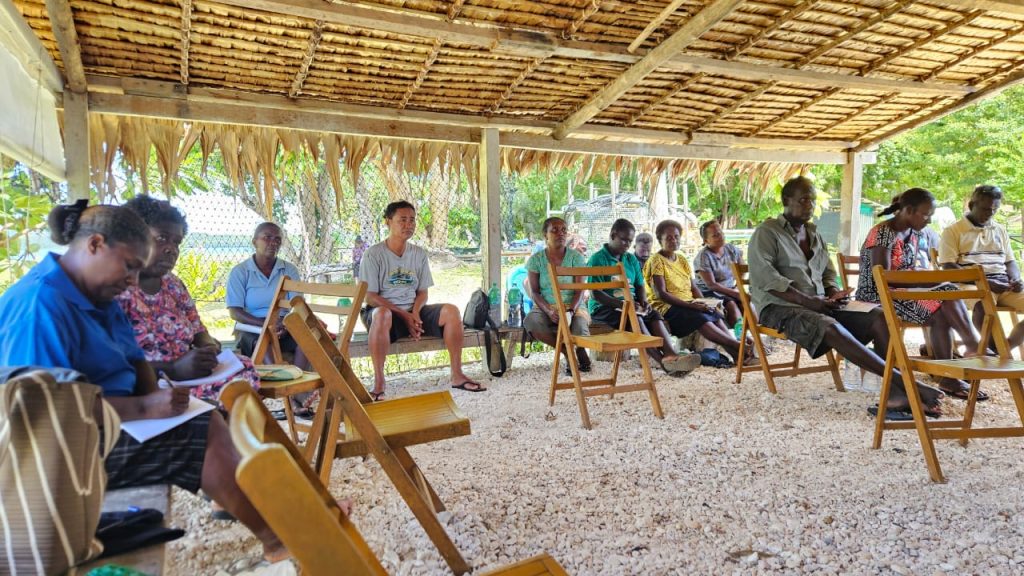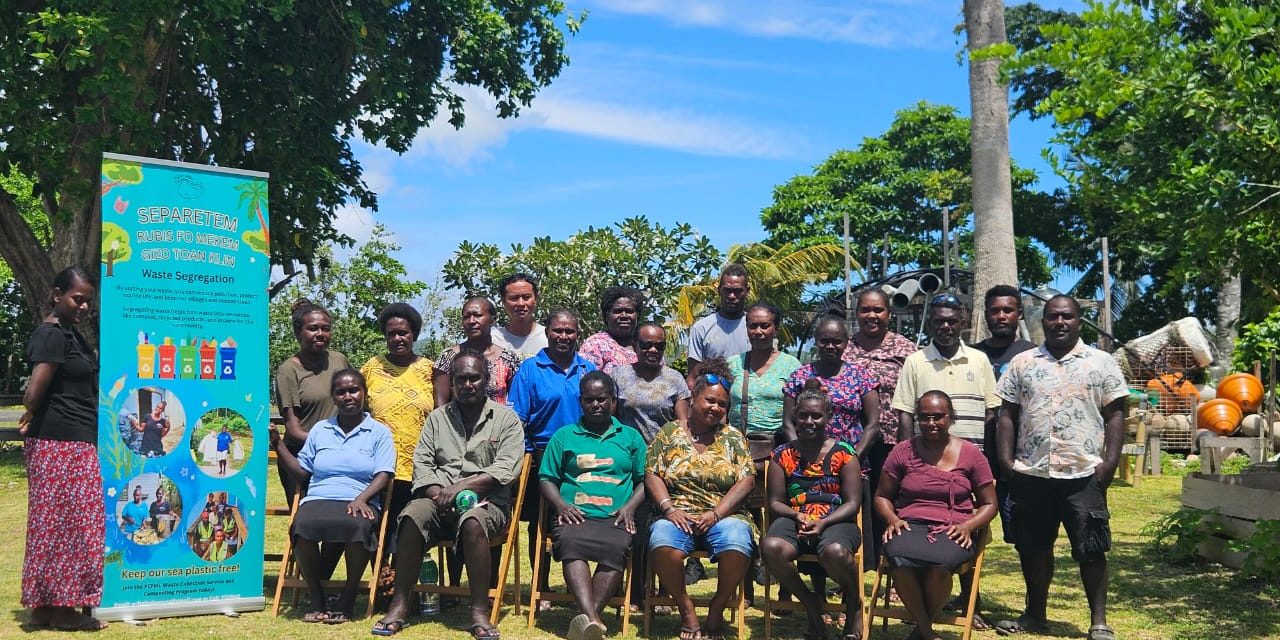Gizo: To celebrate World Tourism Day, the Western Province Tourism Division, in partnership with Positive Change for Marine Life (PCFML) and WorldFish, hosted a one-day eco-training workshop at the Nusatupe Innovation Hub.
The event brought together tourism operators from Gizo, and Kolobangara to explore sustainable practices that promote environmental conservation and responsible tourism development.
Participants included representatives from well-known tourism establishments such as Gizo Lodge, Hambere Homestay, Pinokoi Homestay, Urilolo Seaview Lodge, Mangrove Lodge, Kilupania, Naqua, Aveala and Imagination Island.
In her opening remarks, Principal Tourism Officer Ms. Fabina Lilo highlighted the importance of embedding environmental responsibility into tourism operations to ensure long-term sustainability for both the industry and local communities.
The workshop focused on three key goals:
- Raising awareness about proper waste segregation
- Building capacity to implement eco-friendly practices
- Encouraging behavior change toward a cleaner, healthier environment
A key highlight of the workshop was a live demonstration by PCFML on converting organic waste into natural fertilizer using Black Soldier Fly (BSF) larvae.
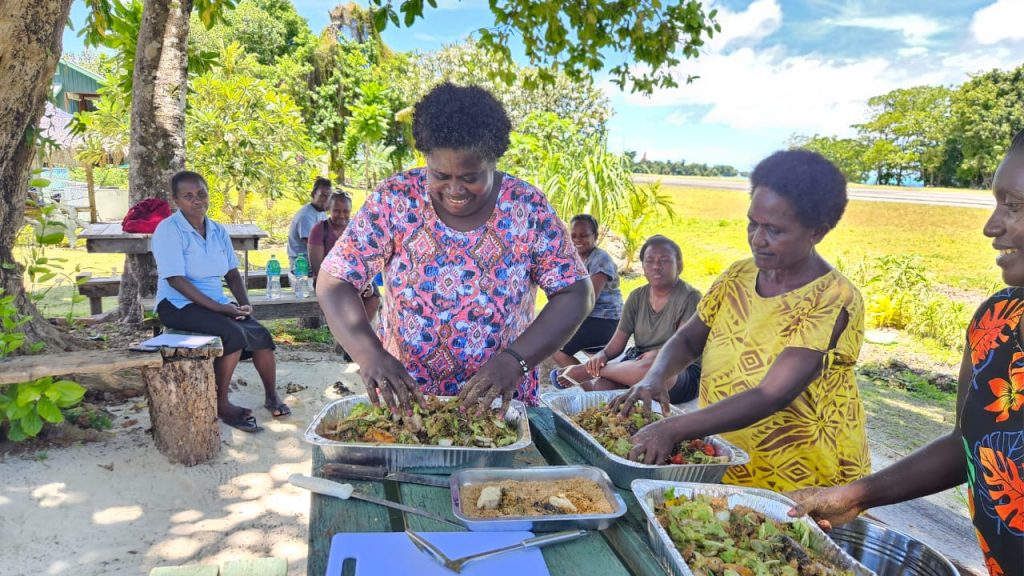
This low-cost and innovative composting method provides an effective solution for waste management while producing nutrient-rich compost for farming and gardening.
Participants learned how to collect organic waste—such as household scraps, market refuse, and fish waste—and process it using BSF larvae.
After seven days, the larvae are introduced into composting bins, where they break down the waste over a nine-day period into high-quality organic compost.
The method not only reduces environmental waste but also supports food security and sustainable local livelihoods.
Tourism operator Ms. Hellen Tau said she was “thrilled to understand the practical part of waste management—how waste can be turned into wealth and used to grow healthy traditional food.”
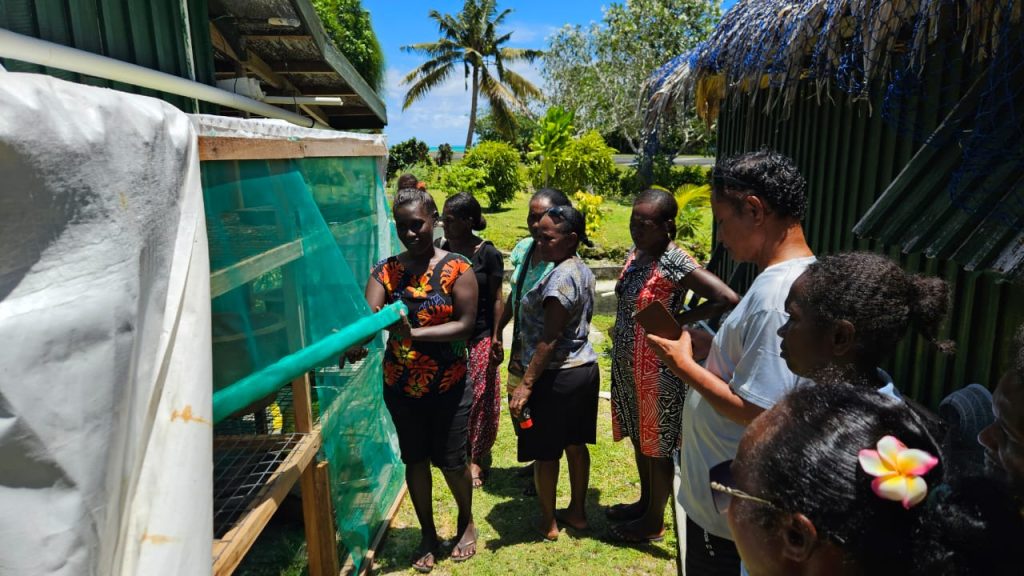
She added that the hands-on learning experience inspired her to explore ways of integrating composting and local gardening into her tourism services.
The training concluded with a visit to the backyard organic garden at the Nusatupe Innovation Hub, an initiative initially supported by Kastom Garden Association (KGA).
The demonstration garden showcases how traditional crops can thrive even on volcanic low islands using organic compost, offering tourism operators practical inspiration to incorporate local food production into eco-tourism experiences.
The workshop was well-received, with participants expressing strong interest in applying the techniques within their communities and businesses.
The Tourism Division and its partners hope to replicate the initiative across the province as part of a broader strategy to promote environmental stewardship and sustainable tourism throughout the Western Province.
